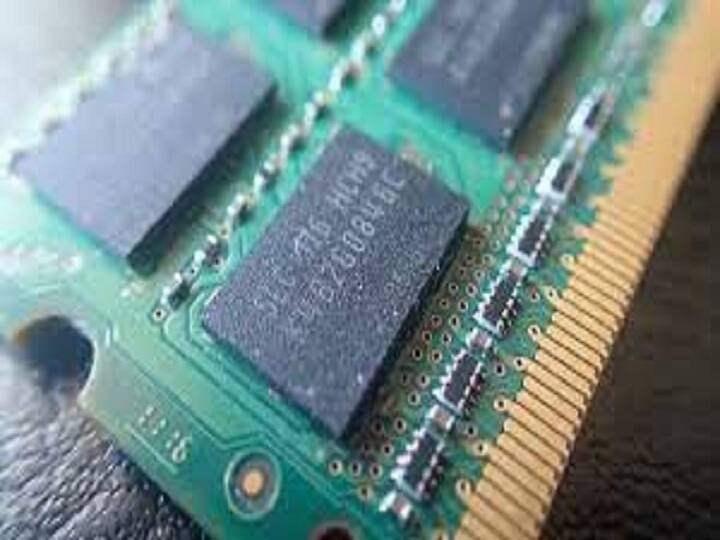RAM (Random Access Memory) and SSD (Solid State Drive) have a big role in the computer. Both of these work in different ways in the storage system of the computer. How do they work after all? As a component, they make the computer run. Play a big role in its speed and performance. Come, here we understand these two (RAM vs SSD).
Role of RAM
RAM (Random Access Memory) is a type of primary storage, which is used to access running programs and their data immediately, instead of handling permanent data in the computer. RAM is an example of volatile memory, which means that when you turn off the computer, all the data stored in it is cleared. It is the main processing unit of the computer, the operating system, and is used for running programs.
Helps in processing data RAM
The speed of RAM is very fast, and it helps in processing data by instant communication with the processor. However, it is limited in storage capacity, so when you run more programs or need more data processing, RAM usage may be less and performance may suffer.
SSD handles data even without power
SSD (Solid State Drive) is a non-volatile flash memory type that handles data permanently. It works with persistence to store and access data and handle data even without power. An SSD plays a major role in storing the operating system, software, files, and all your data permanently over a long period of time.
Key benefits of an SSD include higher data access speeds, instant boot and load times, better battery life, and longer weekdays due to less short-term data loss. However, for its great speed and performance the access is always less than the RAM. RAM is suitable for instant processing, while SSD is suitable for electrical stability and data permanent handling. Most computers use a combination of both RAM and SSD to provide high performance and stable storage.




